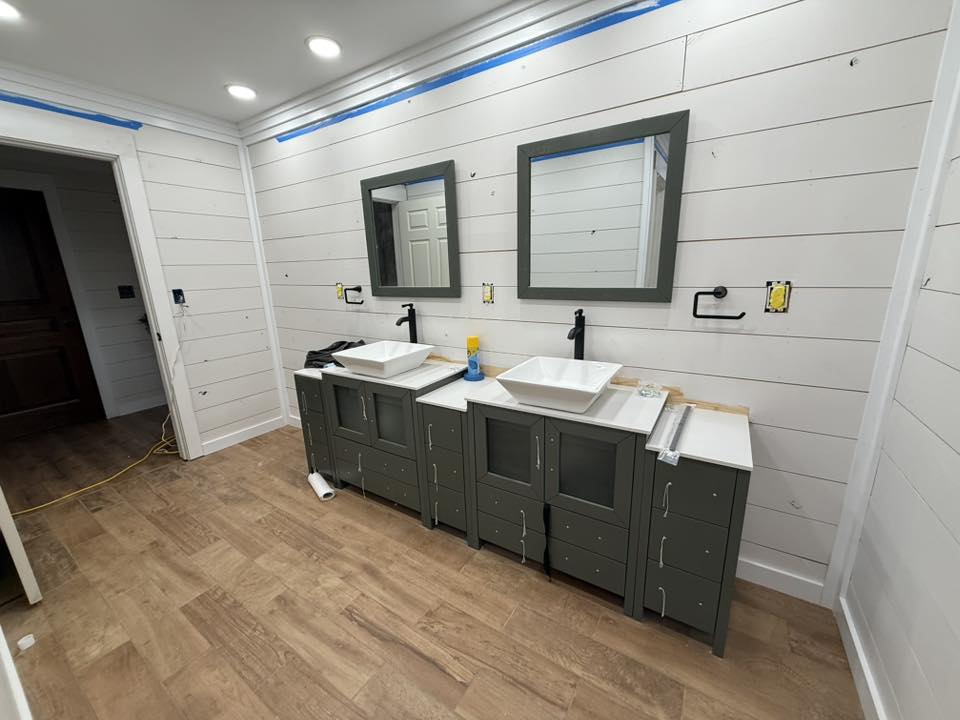
The Role of Technology in Modern Plumbing Solutions Aug 11, 2025
The first notable change in the plumbing industry is the adoption of smart plumbing solutions. Smart home devices have made their way into bathrooms and kitchens, allowing users to have greater control over their water usage. Smart leak detectors and water monitoring systems help homeowners avoid costly water damage by alerting them to potential leaks before they evolve into severe problems. These devices are equipped with sensors that provide real-time updates, ensuring you’re immediately aware of any issues, which enables prompt action.
Another technological advancement in plumbing is the use of trenchless technology for pipe repair and replacement. Traditional methods of pipe repair often involved extensive digging, leading to a considerable disruption of landscapes and properties. With trenchless technology, pipes can be repaired or replaced with minimal excavation. This technique not only reduces the time and cost associated with repairs but also minimizes damage to your property, offering a more efficient and environmentally friendly solution.
Water conservation is another critical area where technology in plumbing plays a significant role. With growing concerns about water scarcity, eco-friendly plumbing solutions have become essential. Low-flow toilets, faucets, and showerheads are becoming more common, enabling significant reductions in water usage without compromising performance. These fixtures often incorporate innovative designs that optimize water flow, reducing waste while maintaining comfort and utility.
The integration of IoT (Internet of Things) technology into plumbing is another remarkable advancement. IoT-enabled devices provide dynamic data about various aspects of plumbing systems, allowing for preventative maintenance based on usage patterns and life expectancy estimates. This proactive approach helps prevent emergencies, reduces service costs, and extends the lifespan of appliances and fixtures.
Advanced water heaters offer another example of technology's influence on plumbing. Traditional water heaters can consume significant amounts of energy, but modern tankless and instantaneous water heaters provide on-demand hot water while reducing energy consumption. These high-efficiency systems are not only cost-effective but also contribute to a Greener future, aligning with sustainability goals and catering to the eco-conscious consumer.
Furthermore, plumbing professionals now utilize advanced diagnostic tools such as video pipe inspection cameras. These cameras allow plumbers to remotely inspect pipes, identifying blockages, corrosion, or cracks without invasive procedures. This not only enhances troubleshooting accuracy but also saves time and resources, resulting in more efficient and swift services.
In conclusion, the role of technology in modern plumbing solutions is undeniable and far-reaching. Companies like Branden Bevels Plumbing are leveraging these innovations to provide efficient, cost-effective, and environmentally sustainable services to their customers. Whether it's through smart home integrations, trenchless technologies, or advanced water heating systems, technology ensures that plumbing solutions meet the demands of contemporary living while preparing for the future. As we continue to embrace these advancements, customers can expect even more efficient and effective plumbing solutions that align with modern needs and expectations. Embracing these changes not only enhances the convenience and effectiveness of plumbing services but also reinforces our commitment to sustainable and forward-thinking practices.
/filters:no_upscale()/media/9befb0f9-08cb-4d3d-9589-986dc8708dfb.jpg)
/filters:no_upscale()/filters:format(webp)/media/c92a2122-773b-42d8-bc70-56b227cba86f.jpg)